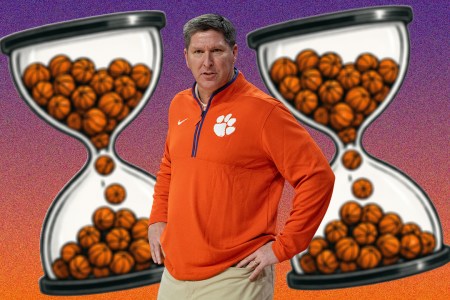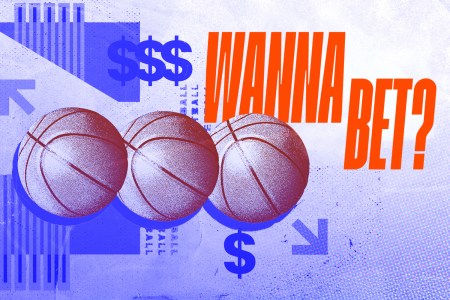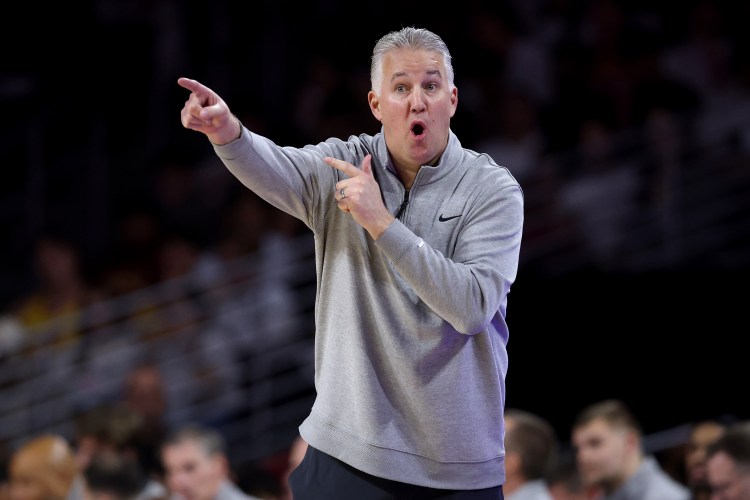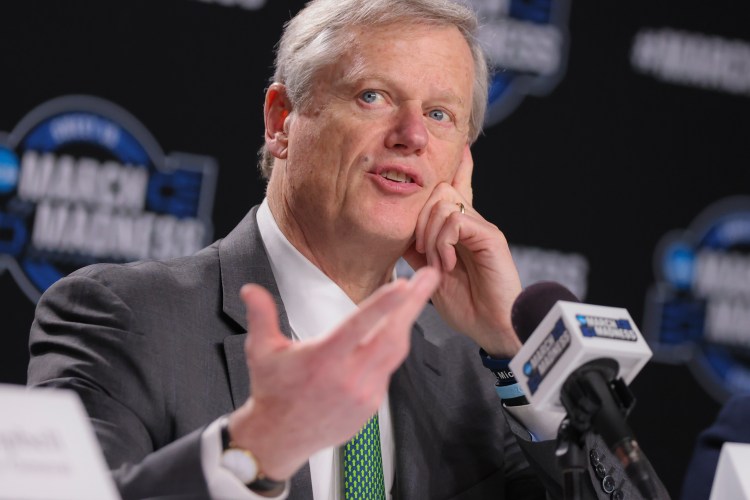No college basketball conference has a better NCAA Tournament winning percentage over the past four seasons than the ACC: Its teams have a 36-18 cumulative record and five Final Four appearances since 2022. The problem is that the league has also sent fewer teams into the bracket during that period than any of its Power Four rivals.
Commissioner Jim Phillips summed up the situation succinctly. “We don’t have a problem winning when we get into the tournament. We’ve had a problem getting into the tournament.”
That reality has become a major source of frustration for a league that was once the nation’s gold standard and still fancies itself as elite. In an effort to reverse the trend, Phillips and his athletic directors have taken aggressive steps to try and help the ACC regain its past status. The most significant is a new scheduling format that reduces the number of conference games from 20 to 18, a change designed to help teams add more meat to their nonconference slates.
With only three teams ranked among the preseason top 25, the league still has its work cut out for it. But it has to start somewhere. With the new season about to tip off, here are 10 burning questions that face the ACC as it takes the first steps toward creating a more favorable national perception.
Will the ACC-SEC Challenge be more competitive than it was last year?
The ACC didn’t just lose its annual head-to-head competition with the SEC in 2024. It got humiliated. Of the 16 matchups between the conferences, ACC teams won only twice — Duke against Auburn at Cameron and Clemson over Kentucky at Littlejohn. What’s worse, all but three of the 14 losses came by double figures. While the odds of hitting the PowerBall jackpot are probably better than the ACC’s chances of winning this year’s event, coaching upgrades and portal reinforcements will at least stand a realistic chance at helping the “Challenge” actually live up to its name. If nothing else, the bar for improvement has been set incredibly low.
Is this the year Steve Forbes finally gets Wake Forest into the NCAA Tournament?
As a member of the NCAA’s Men’s Basketball Oversight Committee, Forbes is a vocal proponent of expanding the Tournament field from its current 68-team format. It’s no wonder. In three of the past four seasons, his Deacons have finished with at least 21 wins overall and 11 or more in the ACC, thresholds that once guaranteed ACC teams entry into the NCAA bracket. And yet, each time Wake has ended up on the wrong side of the bubble. Forbes has taken a positive step toward enhancing his team’s chances by beefing up its schedule with neutral site games against Michigan and West Virginia, to go along with home dates with Oklahoma and Vanderbilt. But with only three returning regulars — forwards Tre’Von Spillers, Omaha Biliew and shooting guard Juke Harris — the Deacons’ hopes for a Selection Sunday celebration rest largely on Forbes’ continued success as a “Portal whisperer.”
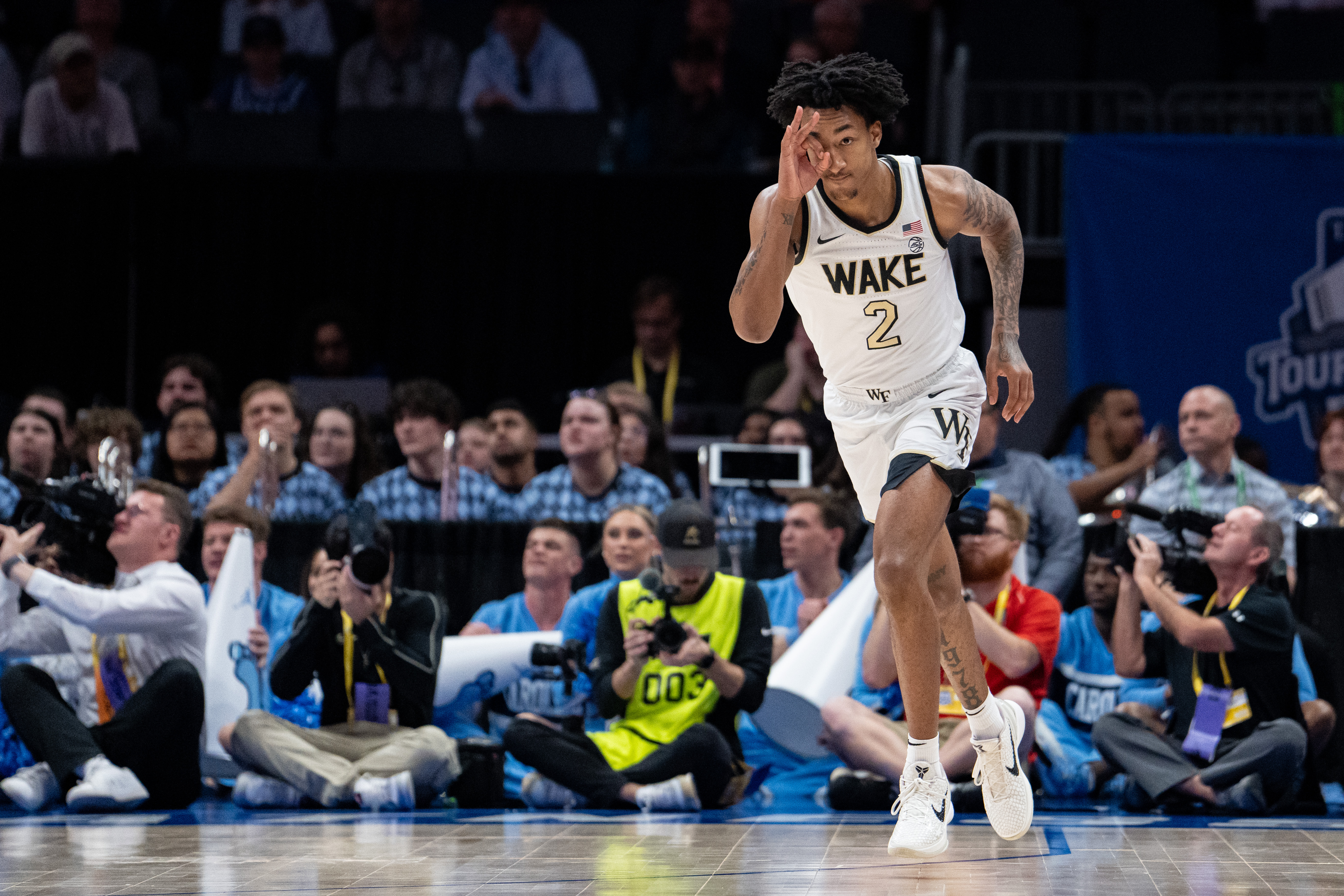
How big of a dropoff can Clemson expect?
The Tigers are coming off a two-year stretch in which they advanced to the Elite Eight for the first time in program history, then posted their best regular-season ever by winning 27 games and finishing tied for second in the ACC with an 18-2 record. But with the departure of all but one key player from that successful run, a step back is all but inevitable. The only question is how big that step will be. Coach Brad Brownell has surrounded lone returner Dillon Hunter with enough incoming talent – albeit young talent, with six freshmen on the roster – to stay competitive in the conference. Clemson was picked to finish seventh in the ACC’s preseason poll.
Easy, Tigers. Clemson Coach Brad Brownell Knows Patience is Key.
Brad Brownell is the longest tenured coach in the ACC. His laser focus on patience has him winning today and investing in tomorrow.
How much of an impact will international freshmen have on ACC teams?
Recent changes in NCAA rules governing international players have led to an unprecedented influx of prospects entering college basketball from every corner of the Earth. Most are older and far more experienced than American freshmen. Virtually every ACC team will have at least one international player on its roster capable of making a significant immediate contribution. Among the best are Dame Sarr at Duke, Mouhamed Sylla at Georgia Tech, Neoklis Avdalas at Virginia Tech, Mouhamed Camara at Louisville, Johann Grünloh at Virginia, Kristers Skrinda at Stanford, Musa Sagnia at NC State and Luka Bogacac at North Carolina.
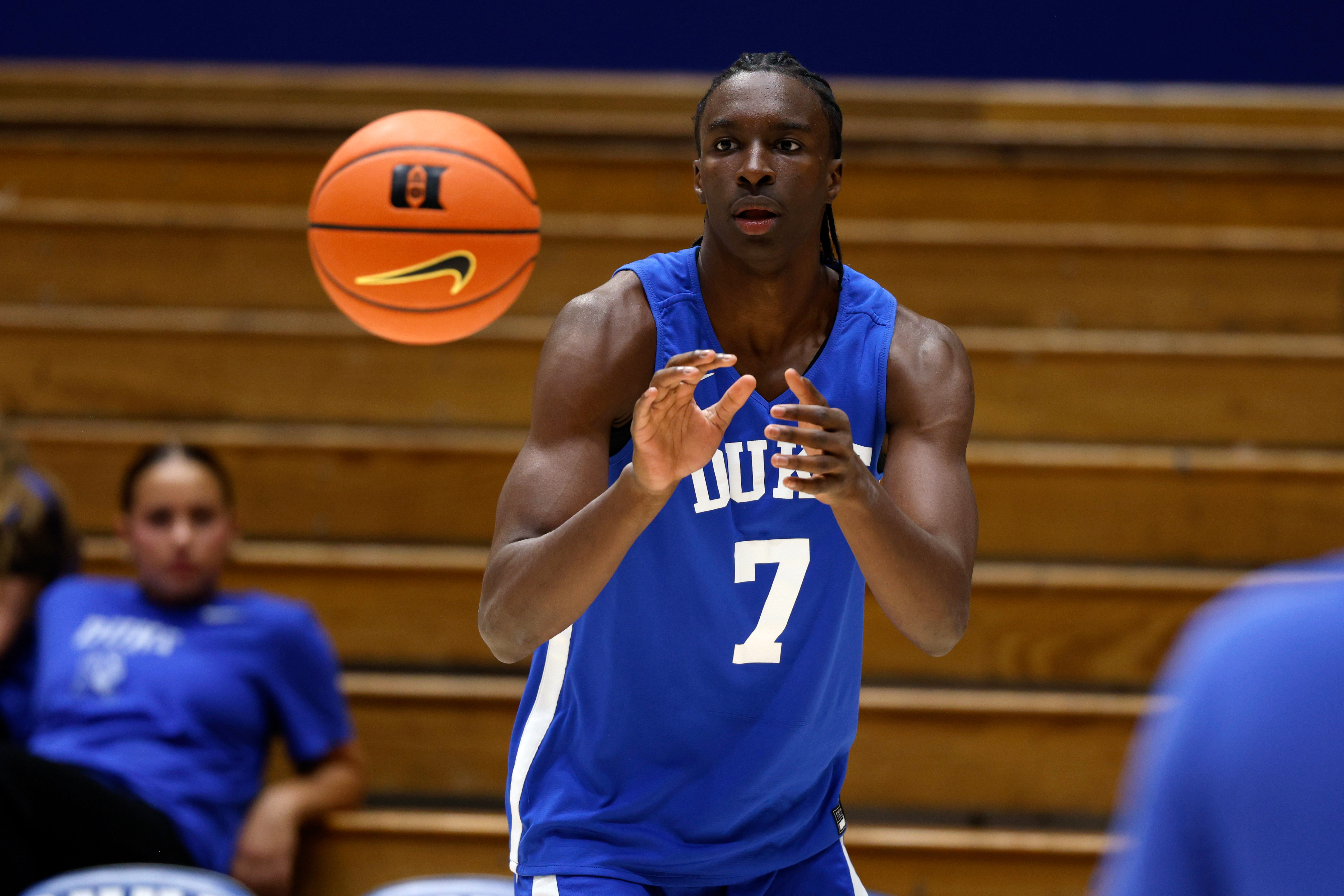
What will Pat Kelsey do for an encore at Louisville?
Kelsey orchestrated the nation’s most impressive turnaround — and second-biggest in college basketball history — last season by improving Louisville by 19 wins in his first season at the school. The Cardinals won 28 games, went 18-2 in the ACC, played in the conference tournament championship game and earned their first NCAA Tournament bid since 2019. Despite the loss of All-ACC performers Chucky Hepburn, Terrence Edwards and other key players from the 2024-25 team, Kelsey has put together another impressive collection of talent through the transfer portal and the international pipeline. This year’s team will start the season ranked just outside the top 10 nationally and second only to Duke in the ACC’s preseason poll, and is considered a legitimate Final Four contender.
Which team has the best chance at a dramatic jump up the standings this season?
Though it’s doubtful anyone will be able match Louisville’s epic worst-to-almost-first transformation, there are several potential candidates for rapid improvement this year. Leading the list is NC State. The Wolfpack bears little resemblance to the team that went 12-19 and got left out of the ACC Tournament last season; coach Kevin Keatts has been replaced by Will Wade, who has reenergized the program with his brash confidence and a star-studded transfer class led by conference Preseason Player of the Year Darrion Williams. Miami, which won only seven games and finished dead last in the conference, has also been transformed through the hiring of former Duke coach Jai Lucas and an entirely rebuilt roster.

How hot is Hubert Davis’ seat?
This may or may not be a win-or-else season for the North Carolina coach. But coming off a campaign in which his Tar Heels squeaked into the NCAA Tournament as the 68th team in a 68-team field — and with a new athletic director set to take over next summer — the pressure on Davis to return his alma mater to national prominence has increased to volcanic proportions. Davis took steps to address the most glaring shortcoming that held his team back in 2024-25 by adding height to his lineup. Getting off to a strong start and steering clear of the NCAA bubble will go a long way toward enhancing his job security. That hasn’t always been easy for him and it could be a problem again thanks to a challenging nonconference schedule that includes games against Kansas, Michigan State, Kentucky, Georgetown and Ohio State. Davis isn’t the only ACC coach on the hot seat, as Syracuse’s Adrian Autry and Boston College’s Earl Grant may also be coaching for their jobs this season.
Who is this year’s Cooper Flagg?
Nobody. Flagg is the kind of generational talent that comes along only once every decade or so and there’s no one in this year’s class that comes close to that level. But this year’s crop of ACC freshmen is much deeper than the one Flagg highlighted and has the potential to produce several one-and-done first-round NBA Draft picks. The cream of the crop projects to be a familiar name at a familiar place. A quarter century after Carlos Boozer helped Duke win the national championship in 2001, his twin sons Cameron and Cayden Boozer arrive in Durham to try and raise a banner of their own. Cameron, a 6-foot-9 forward, is the ACC’s preseason Rookie of the Year, but he’ll face some stiff competition from North Carolina’s Caleb Wilson, Louisville’s Mikel Brown Jr., Virginia Tech’s Avdalas, Georgia Tech’s Sylla, Miami’s Shelton Henderson and others.
How will Duke’s newest crop of heralded freshmen mesh with the team’s returning veteran core?
Jon Scheyer will rely heavily on a talented class of newcomers again this season. But unlike last year’s Final Four team, these new Blue Devils will have to integrate themselves into a rotation alongside five established returners. If Scheyer manages the situation well, Duke has the potential to be an even deeper, more versatile and vastly more experienced unit than the previous season. But as he pointed out at the ACC’s preseason media event in Charlotte last week, nothing is given. “Our five guys from last year can’t think we can pick up where we left off last year,” Scheyer said. “And with the other guys from high school, they have to understand as much as possible what they’re getting into and who we have. At the end of the day, you want the best combination of skill sets complementing one another, but then you also need really good talent that fits how we’re going to play, which I believe we have.”
What does the ACC have to do to get more teams into the NCAA Tournament?
Phillips has made a concerted effort to study the metrics of the NET system and lobby the media — especially ESPN — in hopes of changing the narrative that has hounded the ACC over the past few seasons and contributed to a decline in NCAA participation. The conference hasn’t sent more than five teams to the big dance since the COVID pandemic and its four bids last spring were its fewest since the tournament began expanding in 1975. The ACC’s coaches and athletic directors have done their part by scheduling significantly more power-conference opponents than anyone else in the country while school administrators — especially those at North Carolina, Louisville and NC State — have given their programs better financial resources to compete in the NIL/transfer portal era. That’s a good start. But in order for the ACC to get seven, eight or more teams into the bracket again, those teams are going to have to start using their added resources to attract better players and start enhancing their resumes by beating more of those Quad 1-2 opponents.

